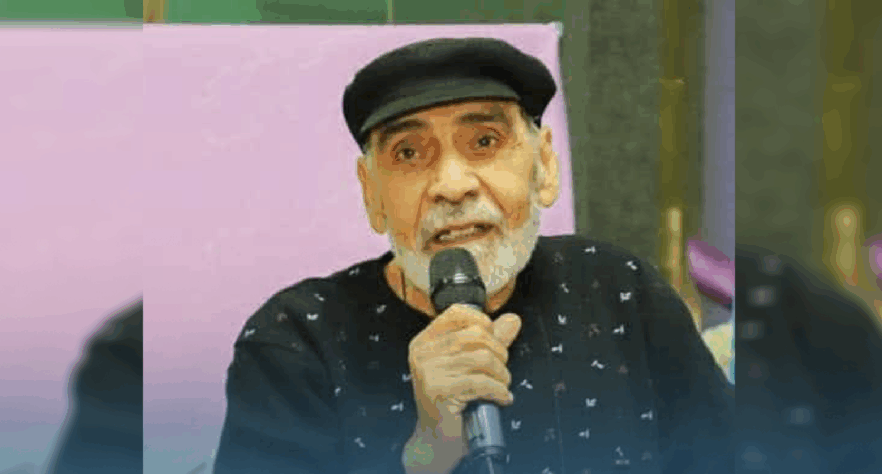Benghazi – The Libyan News Agency is preparing to host writer and journalist Ibrahim Abdul Hamid as part of the twelfth session of the WAL Cultural Salon, to be held on Tuesday, December 1st, at 4:30 PM.
The session is titled “From Ink to Screen,” summarizing a professional journey that spanned decades, during which the salon’s guest witnessed the media landscape’s transformation from the era of paper and the smell of printing presses to a digital world overflowing with information, where the challenge of credibility intensifies amidst accelerating technologies and changing audience behaviors.
Professor Ibrahim Abdul Hamid is considered one of the most prominent writers in Libyan journalism. His media presence on Libyan television also formed a visual memory that left an impact on the viewers’ consciousness through programs he prepared and presented with high professionalism, becoming part of the cultural memory of the city and the nation.
The evening represents a space to revisit the golden age of printing presses and a forum to raise questions about the reality of journalism today, such as how the public interacts with news and how the media balances between a reader folding a newspaper in their hand and a follower obtaining information with the touch of a screen. The event will also culminate in honoring Professor Ibrahim Abdul Hamid, who bridged the gap between the founding ink generation and the fast-advancing click generation moving towards the future.
In a special statement to the Libyan News Agency, Abdul Hamid said: “I am honored to attend this seminar titled ‘From Ink to Screen,’ a title that encapsulates the Benghazi journalistic experience since its beginnings when the free word was the face of the city and its unfading voice.”
He added: “Our journalism has undergone major transformations from manual printing presses to the digital age, but the spirit of the profession and the values of truth have remained constant, no matter how the tools have changed.”
The writer continued his remarks, saying: “I extend my thanks to the esteemed artist Miloud Al-Amrouni for his efforts in organizing these cultural seminars, and to the Agency for its continuous embrace of dialogue and knowledge. I look forward to meeting the audience on the first of December to share this professional and human journey, and to talk about Benghazi’s journalism, which will always remain an endless open school.”
